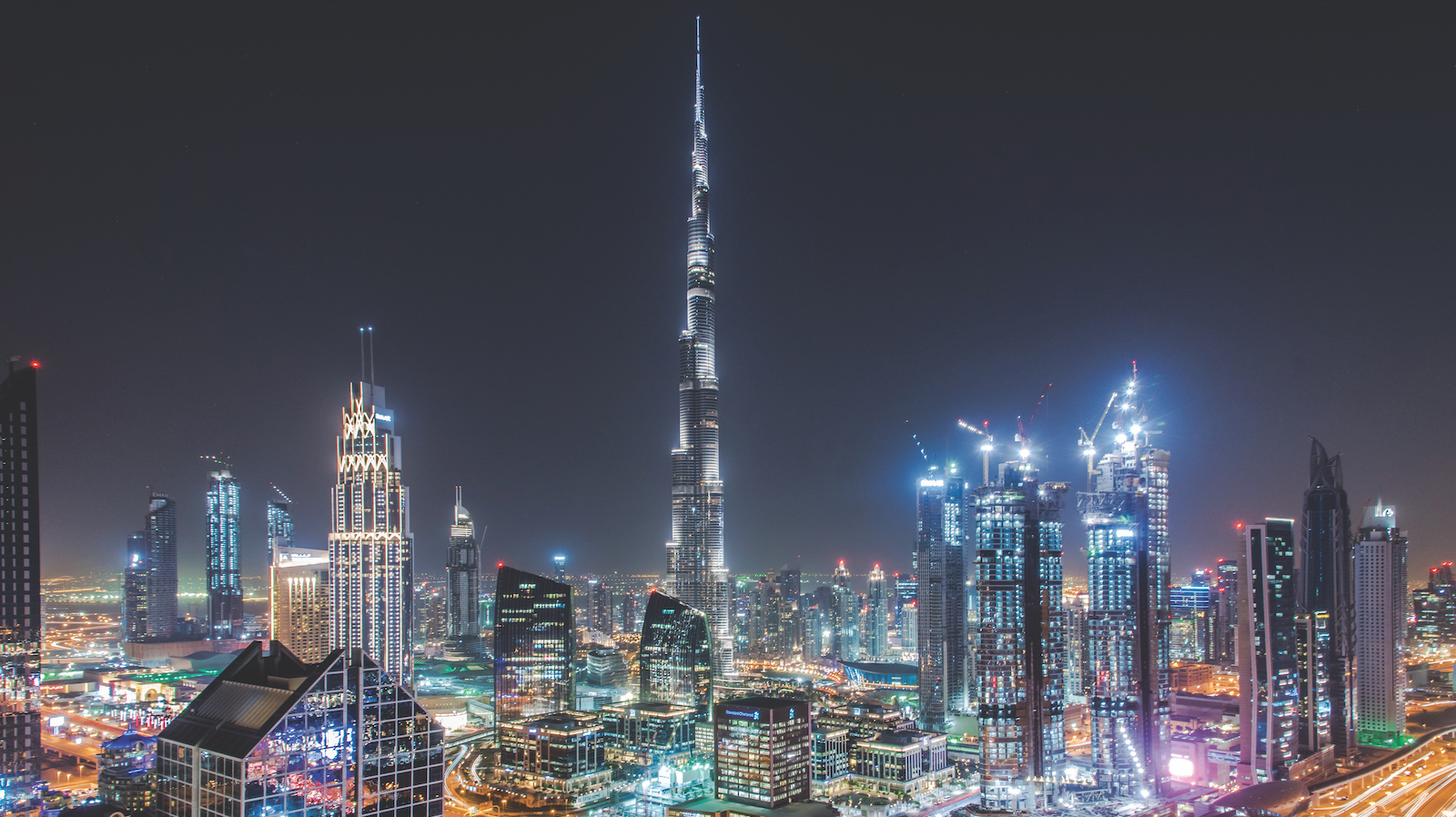RLA Global’s Middle East MD Paul Boldy is a 17-year veteran of Dubai hospitality real estate. He tells Rod Sweet how the pandemic has affected the Emirate

What’s the mood of investors in the Gulf’s hospitality real estate?
The Gulf region is traditionally bullish in its approach to challenges, be they global financial downturns or a global pandemic. However, the current crisis, coupled with the recent slump in oil prices has affected investment, particularly on government-funded projects.
Visionary leadership in the Gulf Cooperation Council (GCC) has meant that innovation and strategic growth have become watchwords for the region and, as such, there is still an underlying optimism for recovery and for a stronger outlook.
We are seeing some delays in projects as investors are reconsidering previously developed feasibility studies that are no longer relevant. But the hospitality sector still represents a valuable asset class to investors, and while the pace of new construction has not slowed down disproportionally to the pandemic, what is emerging is a stronger movement to repurpose, reposition and renovate.
How has the pandemic affected the hospitality real estate market?
Like all sectors, the hospitality sector has been impacted. From projects under development to operational hotels, the region has experienced delays and falls in occupancy.
CV: Paul Boldy FCIOB
(Selected roles, all UAE-based)
Since September 2020: Managing director, RLA Global, Middle East
2018-20: Regional manager for architecture, design and construction MEA, Wyndham Hotels & Resorts
2014-15: Head of hotels, Artelia Group, Middle East
2009-11: Construction director, ISG
Education:
2014-15: Cornell University, Certificate in hotel real estate investments and asset management
1990-93: Leeds Polytechnic, BA/MCIOB Construction
But while positive efforts to get back to economic normality have had mixed results, the economy does show signs of improving, driven primarily by domestic demand. With travel restrictions in place, hospitality has been buoyed by domestic tourism.
It has been interesting to see how fast hospitality operators have embraced enhanced guest safety and how fast they have evolved their value proposition. A new guest profile has emerged: people who are keyed into a more ethical and experiential offering.
It is certainly true that projects have had to be rethought, budgets cut and business models reassessed, but hospitality will win through; people will want to travel.
What has been the effect on projects?
We have seen casualties in the contracting market, and some notable exits, with consequences on supply chains and financial institutions causing liquidity issues for suppliers, contracting parties and developers alike. The upshot is an obvious rise in project delays and contractual disputes.
Contractors also face significant challenges given the increased restrictions on labour movement, increased costs in implementing health and safety measures, and supply chain logistics challenges.

Dubai was particularly supportive of the construction sector during the height of the pandemic, when much of the UAE was in full lockdown. The construction sector was deemed to be a vital sector, exempting it from government restrictions and allowing work to continue.
The new hotel pipeline in the region remains strong, with Saudi Arabia leading the development, closely followed by the UAE.
What developments should we be looking out for in the Gulf’s hospitality sector in the next few years?
The hospitality sector’s response to the pandemic has been inspiring. We’re working on projects now that will shape the sector’s landscape for years to come.
The guest demographic for domestic and international markets is changing. We’ve seen continued growth in the mid-market sector as the region moves from a luxury-led market to a combined leisure and hospitality offering.
“The hospitality sector’s response to the pandemic has been inspiring. We’re working on projects now that will shape the sector’s landscape for years to come”
The pandemic accelerated progress in hospitality, bringing changes that were long overdue in some areas. A more focused approach to guest needs is driving better returns from rooms and food and beverage, and shaping co-living and co-working concepts.
We are also moving towards greater sustainability as the value proposition has changed. This is manifesting itself in methods of construction for new hotels, with modular hotels gaining traction in the planning of larger properties as it reduces waste and timelines, while complying with new onsite health and safety protocols.
Another trend is the various smart city initiatives. Connectivity within hotels has typically been high on the list of guest frustrations. Technology is now being put at the forefront of the guest experience as the region embraces all things ‘smart’.
What is your outlook for the Gulf’s hospitality real estate, and what is driving change?
We will continue to see progress on the Saudi giga projects, rolled out as part of Vision 2030, including Neom, the Red Sea Project, Qiddiya, Diriyah Gate and Amaala. They will provide a major boost to the construction sector.
The Dubai Expo 2020 will launch in October 2021 and run through to March 2022 and the Qatar World Cup will run through November and December 2022, providing a boost to tourism and leisure.
The signing of the Abraham Accords in September 2020 and the normalisation of relations between the UAE and Israel provide an added opportunity for new tourism markets.
The launch of Dubai 2040 Master Plan signals the country’s intent to make Dubai one of the world’s best cities to live and work, which will add a new dimension to the hospitality sector.
You’ve been in Dubai for 17 years. How have things changed?
I’ve witnessed incredible changes over the years. From the Burj Khalifa to the Palm Jumeirah, Dubai has pushed forward with ambitious plans.
As economies move away from a reliance on oil, tourism and hospitality form an ever-increasing contribution to the region’s GDP. The opening up of foreign ownership in real estate influenced a property boom, which continues to mature.
The Emirates’ hospitality sector has grown to be a global player. Dubai holds an enviable position with sustained occupancy and iconic projects and developments inspiring the rest of the region and the world.











